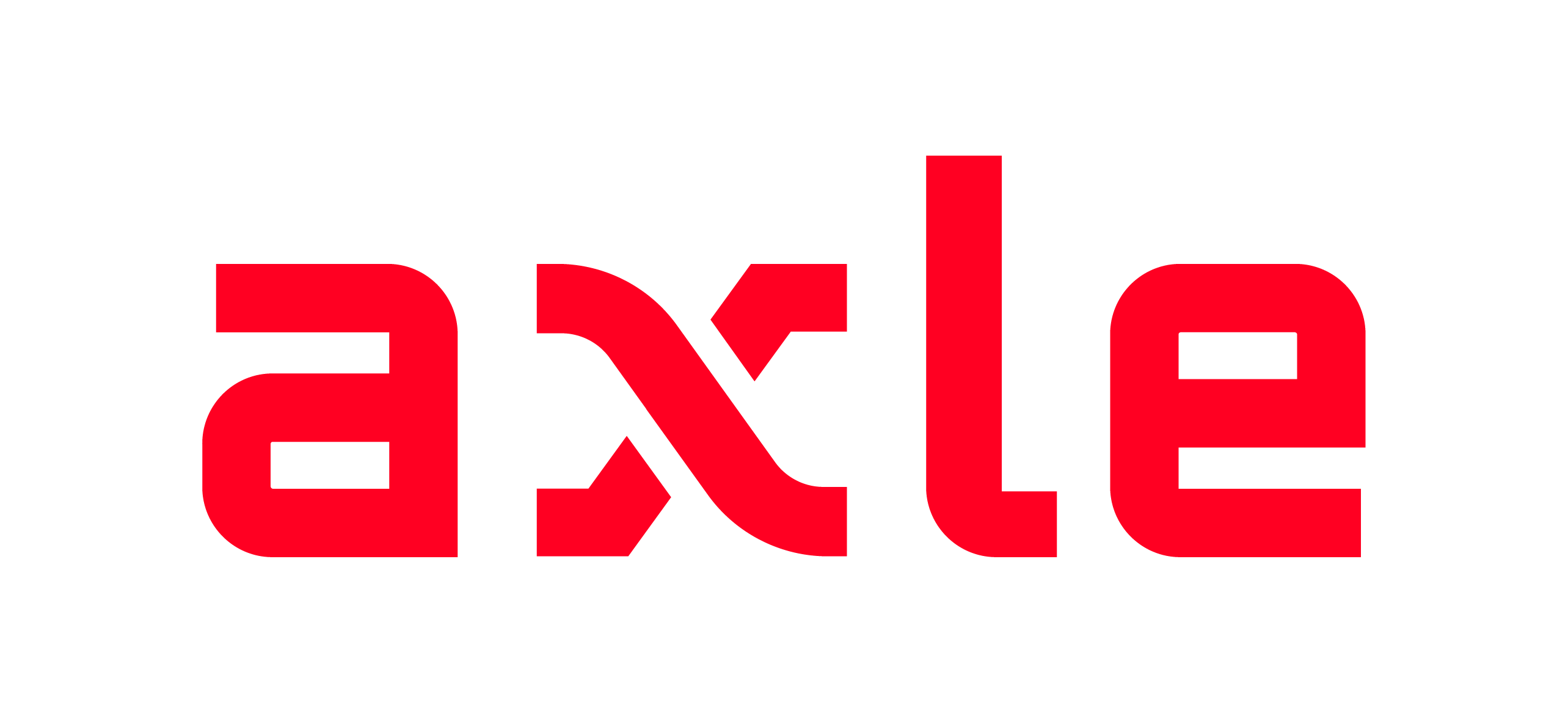What is price curve integration?
Price curve integration allows you to optimize your assets using localized flex prices provided by Axle, while maintaining full control over your optimization logic and constraints. This allows you to retain your existing control systems, while unlocking new revenue streams by responding to market signals.
How it works
For each site, Axle provides a half-hourly price curve that combines different market incentives we’re exposed to. These prices reflect:- Wholesale energy prices: Day-ahead and intraday market prices
- Ancillary services: Demand response and reserve products
- Local flexibility requirements: DNO flex opportunities localized to that site
How will Axle participate in markets with my assets?
When we use a price curve, we’re not directly controlling your asset. Instead, we bid into markets based on the flexibility we expect to be available, given the price-responsive behavior of your asset. Since we don’t know exactly how your asset will respond to price signals, we typically participate in a fairly conservative way which protects us from non-delivery risk. When using price-curve dispatch, our default is to participate via the site’s boundary meter. This avoids the need for you to provide asset data, maximising speed to market.How should I interpret the price curve?
The price curve represents the gross marginal cost of electricity consumption at the site for each half-hour period. Breaking that down:- Gross: these values do not reflect the revenue share between you and Axle. It is your responsibility to incorporate the contractual specifics in your use of the price curve. For instance, if you’re optimizing for user cost, and users are receiving 50% of gross value, then you probably want to multiply the price curve by 0.50
- Marginal Cost: these are not absolute values. They represent the value of consuming more or less electricity relative to your existing plan. If your default consumption is 6 kWh and the price curve gives you a value of 20p/kWh, then we’re stating that you will earn 20p if you consume 5kWh, and lose 20p if you consume 7kWh.
How do we know your “existing plan”?
Payment in flexibility markets is relative to your baseline - what would have happened had you not flexed the asset. Defining the baseline is a complicated topic in demand-side flexibility. It’s implemented in different ways in different markets, and is often changed by market facilitators. We abstract away the baseline in our price curve calculation. This won’t always be 100% accurate - if the baseline differs from your true plan from the asset, then our estimate of the marginal cost might be slightly wrong.When should I use price curves?
Price curve integration is ideal when:- You have existing optimization: You’re already running control algorithms for your assets
- Local constraints matter: You have constraints that are difficult to surface to external systems (e.g., minimum hot water tank temperature, user preferences, battery state of charge)
- You want control: You prefer to maintain direct control over asset operations
- Privacy is important: Sensitive or local variables remain in your system; you pull the price curve and optimize accordingly, without sending us any data about the ongoing operations of the site
With price curve integration, Axle doesn’t receive direct feedback on whether you’ve dispatched the asset as instructed. This means we bid more conservatively in markets, as our ability to compensate for non-delivery is lower. For maximum revenue potential, consider event-based or delegated control approaches.
Comparison with other dispatch methods
Event-based dispatch
Short-lived flexibility events in response to grid signals. Suitable for infrequent, temporary interruptions.
Delegated control
Axle takes full responsibility for asset operation over extended periods. Ideal when you want to fully outsource optimization to Axle.
Supported asset types
Price curve integration works with:- Heating: incorporate into existing thermal optimization
- EV Chargers: incorporate into an existing smart charging algorithm
- Batteries: optimize for arbitrage within an existing optimization
Getting started
Ready to integrate? Our tutorial walks you through:- Onboarding a site with an asset
- Retrieving your first price curve
- Offboarding sites and assets

